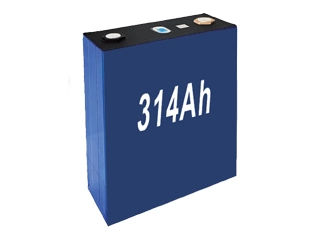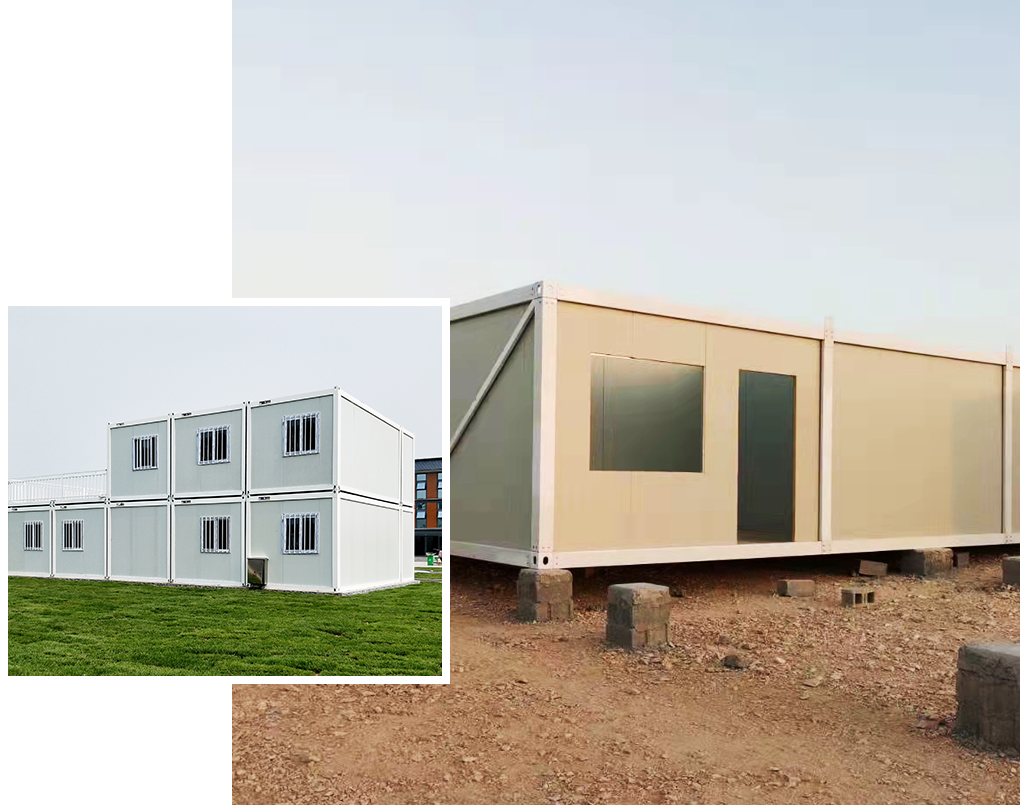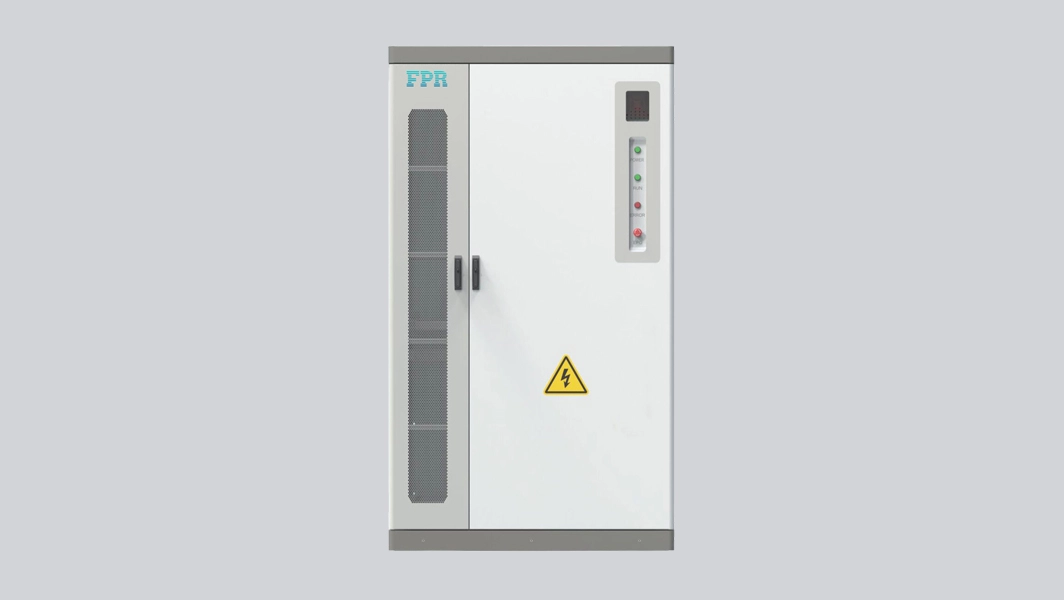How Storage Battery Use Empowers Sustainable Lifestyles
Did you know that the use of storage batteries can greatly contribute to a sustainable lifestyle? In today's world, where the demand for energy is ever-increasing, finding efficient ways to store and deploy energy has become crucial. That's where storage battery use comes into play. With the ability to store surplus energy and release it when needed, storage batteries offer countless benefits not only for individuals but also for the environment. In this blog, battery energy storage system manufacturers will explore how storage battery use empowers sustainable lifestyles, highlighting its importance and various applications.
The Importance of Storage Battery Use for Energy Storage
As the renewable energy sector continues to expand, storage battery use plays a vital role in harnessing and utilizing energy efficiently. Unlike traditional energy sources like fossil fuels, renewable energy often fluctuates depending on weather conditions and time of day. With BESS storage batteries, excess energy generated during peak production periods can be stored for later use, ensuring a constant and reliable supply. This ability not only enhances the overall energy efficiency but also reduces waste and reliance on fossil fuels, promoting a sustainable lifestyle.
Furthermore, storage battery use enables the optimization of energy distribution. By strategically placing storage batteries throughout the power grid, energy can be stored and released during times of high demand, reducing strain on the grid and minimizing the need for additional infrastructure. This efficient energy management helps to avoid blackouts, improve resiliency, and enhance the overall stability of the power system.
Applications of Storage Battery Use for Sustainable Lifestyles
Residential Use
Batteries for home solar storage can revolutionize the way we power our homes. By connecting solar panels or other renewable energy sources to storage batteries, households can store surplus energy during the day and use it at night or during peak demand. This enables homeowners to reduce their reliance on the grid, lower energy bills, and make their homes more sustainable.
Electric Vehicles
Electric vehicles (EVs) are at the forefront of sustainable transportation. However, one challenge has always been the limited driving range and charging infrastructure. By utilizing storage batteries, EVs can achieve longer ranges and faster charging times. In addition, when integrated with the grid, EVs can act as mobile storage units, contributing excess energy back to the grid during peak demand hours, promoting a more balanced and sustainable energy system.
In conclusion, storage battery use is a game-changer when it comes to empowering sustainable lifestyles. By allowing for efficient energy storage and distribution, storage batteries contribute to reducing reliance on traditional energy sources, optimizing renewable energy utilization, and improving grid stability. Whether it's in residential settings or transportation, storage batteries play a crucial role in transitioning to a more sustainable future. So, let's embrace this technology and take a step towards a greener and more sustainable world.





 EN
EN
 fr
fr  de
de  es
es 


